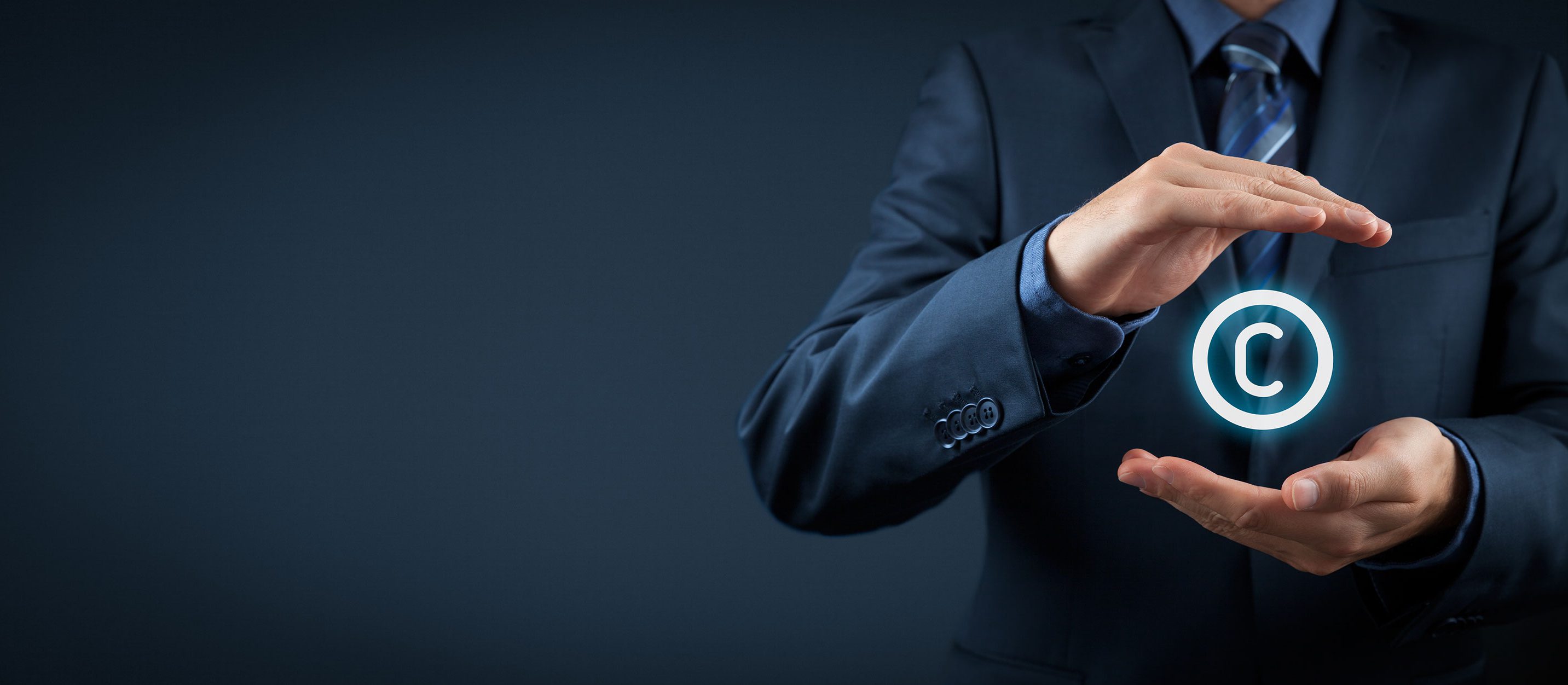
The Directive on Copyright in the Digital Single Market
The Directive on Copyright in the Digital Single Market 2016/0280 (COD) (known as EU Copyright Directive) has been approved on 26 March 2019 in its final version, by the European Parliament.
The Directive will now need to be formally endorsed by the Council of the European Union in April; afterwards, the Member States will have 24 months to implement the rules into their national legislation.
What is it about?
The EU Copyright Directive aims to adapt and harmonize the copyright rules to the digital era, dated back to 2001, creating a complete framework on the copyright matters.
The main expressed objectives by the EU are three:
- To guarantee by new rules the rights for press publishers, editors and content creators in general to be remunerated for the online activity as fairly as the offline activity by large internet platforms and news aggregator;
- To increase cross-border and online access availability of creative works on digital means;
- To offer wider opportunities to use copyright-protected material for cultural purposes (e.g. education and research).
The main focus of the new Directive is to ensure that online large platforms (e.g. Google and Facebook) would share a portion of revenue to publishers, artists and broadcasters through their advertising.
The effects
The main target of the Directive are content creators and large internet platforms, called online content-sharing service providers; hence it does not directly concern internet users.
According to the new Article 17 (previously known as Art. 13), the content providers are required to obtain an authorization from the right content holders to perform acts of communication, i.e. to make available to the public the copyright-protected material.
Specifically, the EU Copyright rules will now require these platforms to conclude licensing agreements with right holders, which should be remunerated for the online use of their content.
If no licensing agreements are concluded, to avoid liability the internet platforms will need to demonstrate that they:
- Made best efforts to obtain an authorization;
- Made best efforts to ensure unavailability of unauthorized content for which right holders have provided the relevant and necessary information;
- Acted expeditiously to remove unauthorized content prior notice from right holders and made best efforts to prevent future uploads.
About the user-uploaded contents, the Copyright rules allow them to use content freely for purposes of quotation, criticism, review, caricature, parody and pastiche and they will be automatically covered by licensing agreements concluded between right holders and online platforms.
Regarding the debate about upload filters, the Directive does not directly impose any specific technology to recognize copyright-protected content (e.g. YouTube “Content ID”), but it imposes the online platform to make best efforts to prevent copyright infringements. There is no exact definition about the meaning of best efforts, hence the requirement of specific advanced filters is unpredictable.
The target
The Directive concerns essentially large online platforms, meanwhile small platforms (as startups) are protected by a special regime.
Small platforms will only have to prove the best efforts for obtaining authorization and the expeditiously acting to remove unauthorized works.
Specifically, small platforms are identified as those with: i) less than 3 years of existence in the EU; ii) a turnover of less than € 10 million; iii) less than 5 million monthly users.
Moreover, the Directive expressly excludes some online platforms: non-profit online encyclopedias and educational repositories (e.g. Wikipedia), open source software developing and sharing platforms (e.g. GitHub), electronic communication service providers (e.g. WhatsApp), online marketplaces (e.g. eBay) and cloud services (e.g. Dropbox).
The EU Copyright Directive has yet to be transposed by the Member States, which will have to be adapted by their national legal frameworks. For this reason, the effects of the Directive cannot be predicted or assessed in a positive or negative way regarding the impact on the life of the internet.
